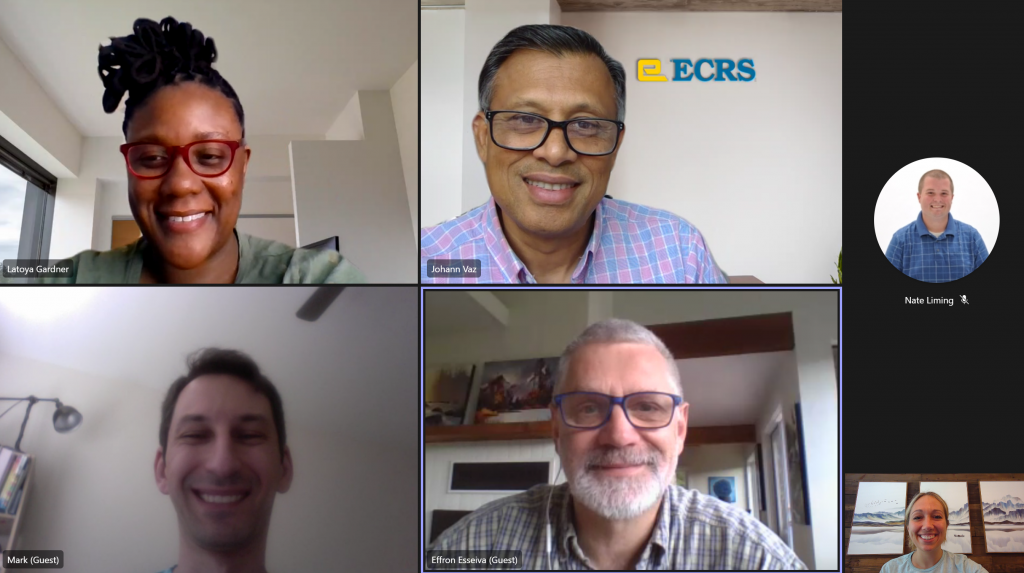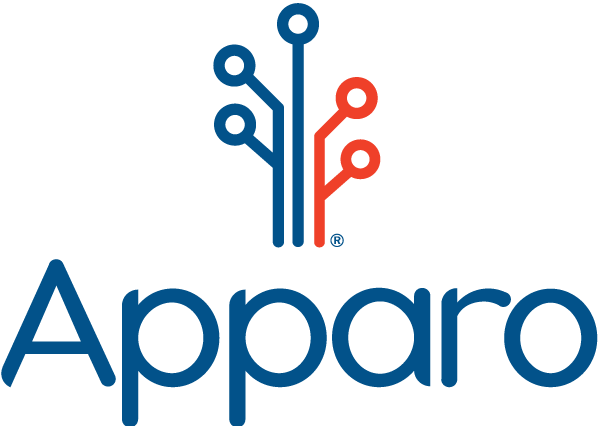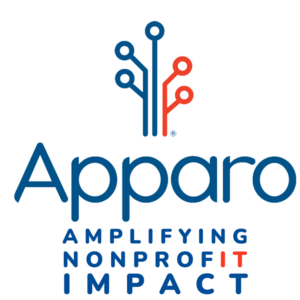Effron Esseiva has supported Apparo nonprofit partner, House of Mercy, since 2019 and is now “fundamental” to helping them “increase our impact in the community through the use of technology.”
Effron Esseiva, a technical leader at IBM, first became familiar with Apparo through Richard Donaldson, a Duke Energy executive and board member of Apparo who he worked with in Charlotte. Richard inspired Effron to interview with Apparo and he became a volunteer in 2019. The first assignment he delved into was with House of Mercy through Apparo’s IT Coaching program, helping the House of Mercy with G-Suite specific topics. It didn’t end there. His support of the organization has grown into something much larger and spans numerous advisory and hands-on topics. One larger project was replatforming the House of Mercy website. House of Mercy had been working with a very old website that they were unable to update without an outside vendor. Effron stepped in to help them tackle this problem. Effron went through a Design Thinking workshop with House of Mercy leadership using Miro Boards to help fine tune use cases for their website. He then worked with them to first clone the website and then adapt it in order to better deliver on the needs of their clients. Website changes and updates now occur instantly in an agile manner in a fresh new look that is mobile friendly and accessible.

Effron shares how meaningful this work is to him, “I used to commute to Charlotte for work and spend the week. Volunteering made sense in terms of contributing to the community. I no longer commute to Charlotte; I work on the West Coast, but that doesn’t deter me from working with the House of Mercy. In a way COVID helped me stay involved because everyone used one or another video platform to collaborate; and, I don’t want to let it go. What the House of Mercy does is meaningful to me, I’ll continue to work with them because we are a match, personally and how we work. It’s great to help them dig out of a tech vacuum. I hope we’ll stay attached at the hip for a long time.”
Latoya Gardner, President & CEO, shares that “Working with Effron is about much more than just a G-Suite or website project. He is fundamental to helping House of Mercy increase our impact in the community through the use of technology. Effron has helped us to rethink how we are currently using technology and to reimagine how we could bring our technology into the 21st century. He is so important to us and such an asset – the amount of time he’s spent and his connection to our mission allows us to think deeply about how we do our work. He always presents options for us based on where we are now and where we are going as an organization. He inspires us and is truly part of our team.
“We’re still in a transition, but because of his help, we’re moving away from being a paper-based organization with file cabinets and post-it notes everywhere. As with so many other businesses, when COVID hit, we realized that we weren’t using the technology we currently have at its full capacity. We’ve started to streamline some things and we’re working in the cloud and collaborating much more effectively.
“House of Mercy celebrated its 30th anniversary this year. Over the last 30 years, with the advances in medication, we are seeing more individuals who enter House of Mercy in need of 24/7 care because of a lack of access to healthcare, unstable housing, or other factors that limit their ability to fully adhere to a care plan. With improved access and use of technology, we are able to offer more support to our residents as they pursue GED programs, employment opportunities, and financial literacy lessons.”
She explains that the success of the Bridge Program is largely dependent on our ability to deploy resources quickly with the use of technology. The Bridge Program program provides emergency and other supportive services to those living with HIV/AIDS, but are not in need of 24/7 residential support. As she adds, “People living with HIV (PLHIV) are living healthier, longer lives and supportive services offered through the Bridge Program contribute to helping people achieve and maintain viral suppression. PLHIV need support along the way and we’re building that community of support.”
As depicted in the photo above, Effron and Latoya are working together again with Apparo through our Community Impact Project program.


